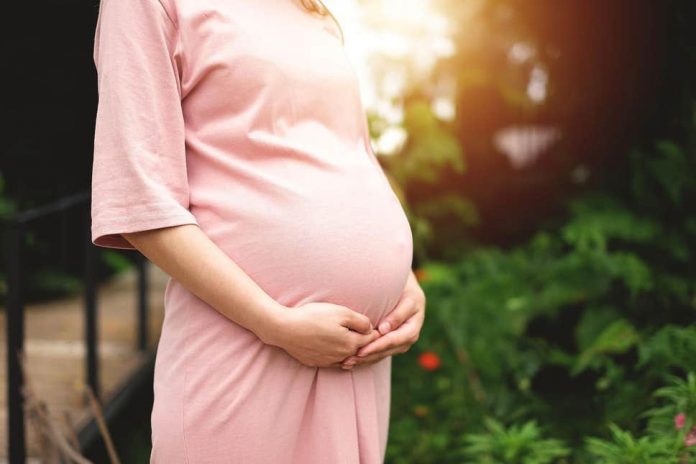A British woman who was allegedly raped by an electrician while on a package holiday at a hotel in Bentota, Sri Lanka, subsequently discovered she was pregnant and had to undergo tests to determine whether the baby’s father was her husband, the Herald Scotland reported.
In the case which could have major implications for the travel industry the woman is claiming £29,000 in damages from Kuoni Travel Ltd, the tour operator through which she booked the luxury holiday.
She has succeeded in having her case referred to the European Court of Justice.
The woman, who cannot be named for legal reasons, was sexually assaulted by an electrician employed by her hotel in Bentota, Sri Lanka, who purported to show her back to her room but instead lured her into an engineering room where he attacked her. She subsequently discovered she was pregnant and had to undergo testing to determine that the baby’s father was her husband.
Her case hinges on whether the attack constituted a breach of contract on the part of Kuoni and whether the company should be liable for the employee’s actions.
The High Court originally ruled that Kuoni could not be held liable under Package Tours Regulations (PTRs) as the attack was an unforeseeable event that could not have been prevented by the hotel.
The Court of Appeal subsequently ruled in the tour operator’s favour on the three main facets of the case. In a majority decision it said the electrician was not supplier within the meaning of provisions of the PTRs. These did not cover his conduct as it fell outside the duties for which he had been employed by the Hotel.
However Lord Justice Longmore issued a dissenting opinion stating: “The whole point of … the regulation is that the holidaymaker should have a remedy against his contractual opposite and it should be left to the tour operator to sort out the consequences with those whom it has itself contracted.”
Now following a hearing in April the Supreme Court has ruled that there is a case for the travel company to answer. The Supreme Court will ask the Court of Justice of the European Union (CJEU) to clarify the law on two points of the case – including whether the employee can be considered a ‘supplier’ of the package holiday contract.
James Riley, specialist international serious injury solicitor at Irwin Mitchell, representing the woman said: “The horrific incident which took place on her holiday in Sri Lanka with Kuoni has had a severe impact on our client. We are seeking to recover appropriate funds to compensate her for the horrendous experience she has been through and to try and help her move on from what happened to her.
“Today’s judgment from the Supreme Court means that our client has taken the next important step towards receiving the support she needs and deserves and achieving what she believes to be a fair result.”
Sarah Murray-Smith, partner at the insurance risk and commercial law firm BLM said: “The implications for the travel industry are far reaching and significant. If a hotel’s employee (or third party in whatever capacity) is deemed at all times a supplier of services, then the tour operator would appear to become liable under the PTRs irrespective of what the employee has done.
“There are clear concerns that this could provide a forum for a wide range of claims to be brought, if third parties fall within the definition of “supplier” of the package, even though the Tour Operator has no real control over and cannot feasibly foresee what has happened.”
A Kuoni spokesperson told travel industry website TTG: “Kuoni continues to have utmost sympathy for the claimant. While we remain keen to see the matter resolved, we would welcome the European Court’s guidance in the hope this may clarify an important point of law for those working within the travel industry sector.”
















